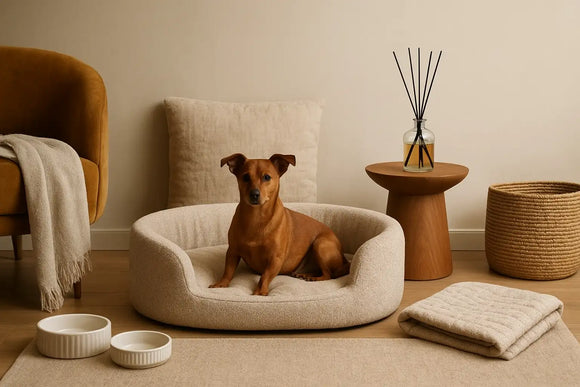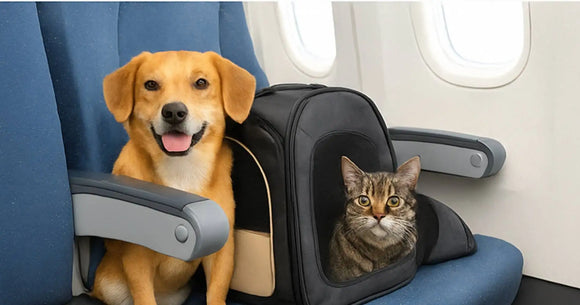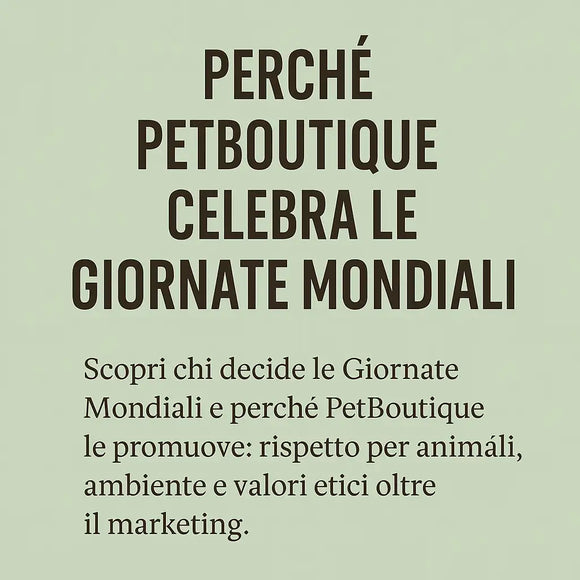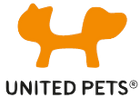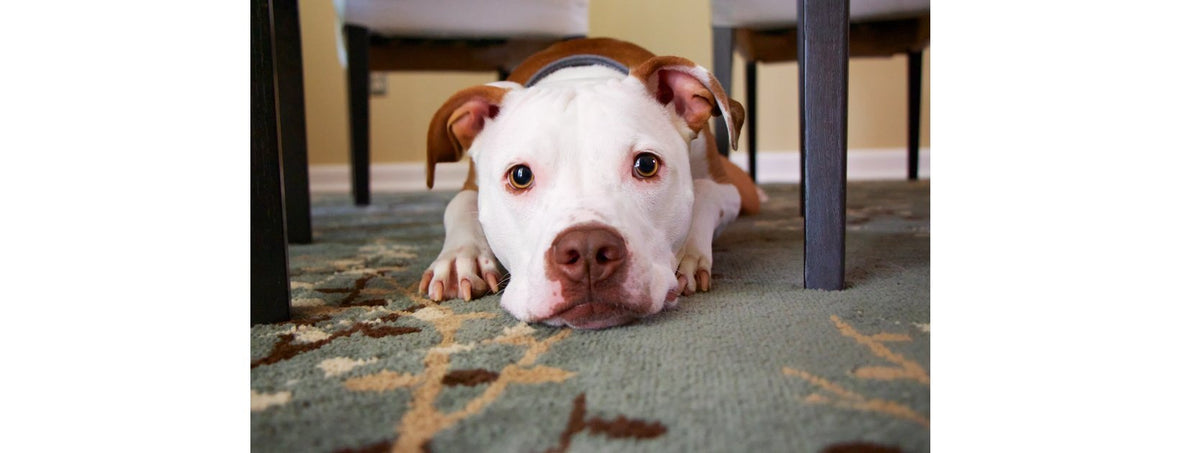
Pet&Taxes: Amendment to the law for the application of 10% reduced VAT
Adelchi Rainone
AGENDA VAT at 10%: the Chamber approves and commits the Government
The Chamber approves the financial measure committing the Government "to evaluate" the reduced VAT on veterinary services and pet food.
From amendment to the Budget Law to the agenda: the reduction of the VAT rate from 22 to 10 percent was approved by the Chamber of Deputies in the form of a commitment accepted by the Government. Yesterday, during the final green light for the financial measure, the Montecitorio plenary committed the Government to "evaluate the opportunity of placing veterinary services and the sale of pet food in the tax bracket facilitated at 10 percent.
The agenda was signed by the Honorable Brambilla, Fratoianni, Biancofiore, Frassinetti, Zanella, Rizzetto, Frailis, Siragusa and Prestipino.
The policy document was approved in the reformulated version at the request of the Government representative, the Undersecretary of Finance Pier Paolo Baretta. The Government has therefore undertaken to "evaluate the opportunity to" reduce VAT, in place of the initial and much more binding formulation presented by the signatories, but destined - if not tempered - to be rejected.
The reasons underlying the agenda faithfully follow the arguments contained in the open letter to the Government and Parliament promoted in July by Anmvi, Fnovi, Simevep, Aisa, Assalco, Ascofarve, Assalzoo and Enpav; the letter was then signed by Federconsumatori, Enpa Onlus, Aivpa, Senior Italia Federanziani and Aisad Confesercenti.
The sector's request for the remodulation of the rate, from ordinary to subsidized, was supported by a transversal parliamentary group, which translated it into an amendment and then into the agenda even if no government representative ever responded to 1 p.m. initials of the signatories of the letter.
The text of the agenda approved by the Chamber,given that:
- it is essential to lighten the heavy fiscal burden that weighs on the health and well-being of our country's animal populations in light of the national health and economic emergency, the strategies of the European Commission and the recommendations of the World Organization for Animal Health (OIE);
-despite their essential nature, veterinary services and the sale of pet food products continue to be placed in the highest VAT bracket, like luxury and/or non-essential goods and services;
-value added tax (VAT) represents the main economic-fiscal obstacle and the most significant social deterrent to the achievement of the new strategic objectives - national, European and global - for animal health and public health;
- in our country the persistent lack of homogeneity in tax treatment makes the synergies of the sector ineffective in achieving objectives such as the control of animal diseases transmissible to humans, the fight against antibiotic resistance, the safety of food and animal feed, the benefits socio-health aspects of owning a pet, the fight against strays and abandonment and the consequent savings in public spending, the responsible ownership and keeping of animals also to protect public safety, the one health and integrated approach -Agriculture-Environment;
-the economic impoverishment caused by the COVID-19 emergency will make it even more burdensome for private taxpayers to bear the tax burden, with the risk of depressing the demand for animal health and welfare. In Italy, there are 60 million pets: based on ISTAT, the ratio between pets and the Italian population is 1 to 1. One citizen for every pet; 1.5 Italian families out of 3;
-the animal health and welfare sector is considered functional to ensuring the continuity of the supply chain, public utility and essential services. For this reason, the activities of this sector were not suspended during the lockdown,
commits the Government to evaluate the opportunity to align the VAT rates applied to the animal health and welfare sector, by placing veterinary services and the sale of pet food packaged for retail sale in the preferential tax bracket to 10 percent. (Text modified and approved during the sitting of 27 December 2020)
